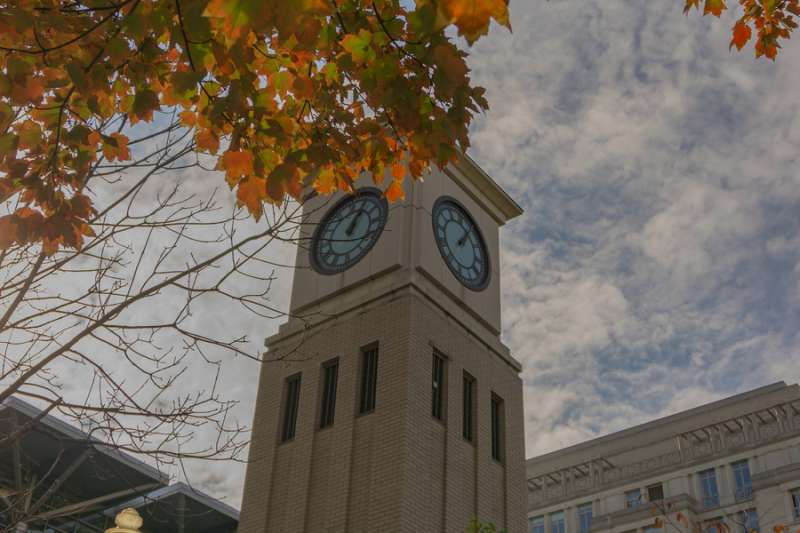In a fight to prevent a section of the border wall from being built on diocesan land, a Texas diocese is being assisted by the Georgetown University Law Center’s Institute for Constitutional Advocacy and Protection (ICAP), in Washington, DC. The ICAP filed a brief in support of the diocese in late December.
The Diocese of Brownsville, Texas, is due in court next week to contest a claim of eminent domain by the United States government.
If the border wall is constructed as planned, it would cut off access to the La Lomita chapel, which would be on the southern portion of the wall. Bishop Daniel Flores of Brownsville said that he does not support the construction of a border wall as he finds it in contrary to Catholic teaching.
“The bishop, as the representative of the Catholic Church in the diocese of Brownsville, believes that building the border wall is likely to cause harm to human life and is also contrary to Catholic principles of the universality of human relations,” Amy Marshak, who is one of the ICAP attorneys representing the diocese, told CNA.
The La Lomita chapel in Mission, TX, is located very close to the Rio Grande River and the U.S. border with Mexico. The small chapel does not have regular Sunday services or a congregation, but is affiliated with the Our Lady of Guadalupe Catholic Church, located about a 10-minute drive away. The chapel is in part maintained by the city of Mission.
“It’s a really spiritual place for many people,” Marshak explained. The chapel plays host to a Palm Sunday procession each year and is sometimes used for funerals and weddings.
The ICAP came to be involved in the case after diocesan attorney David Garza sought assistance for various aspects of the suit related to the Religious Freedom Restoration Act.
“We’re a constitutional advocacy impact litigation office at Georgetown Law Center, so it fit our mission and we thought it was such a compelling case,” said Marshak. She told CNA she was able to visit Mission and was able to see first hand how the chapel plays an important role in the community.
The possibility of a border wall is “affecting their community in a really meaningful way,” said Marshak. “I think that's just an important thing for me to remember how personal and how local this is for the people who are down there."
There will be a hearing next week on the U.S. government’s eminent domain request to survey the land surrounding La Lomita for preparations for the border wall. The government is seeking to access the land for soil testing, among other things.
Bishop Flores is “unwilling to do anything that facilitates [the construction of a wall],” Marshak explained. While he is not going to give permission for the government to survey the land and potentially construct a wall, Marshak explained that the bishop would comply with a court order.
“If the government is otherwise able to do that through a court order that doesn’t require the bishop to do anything, then the fact that he is unwilling to facilitate it probably cannot stop [the construction of a wall], which we recognize in our brief,” said Marshak.

